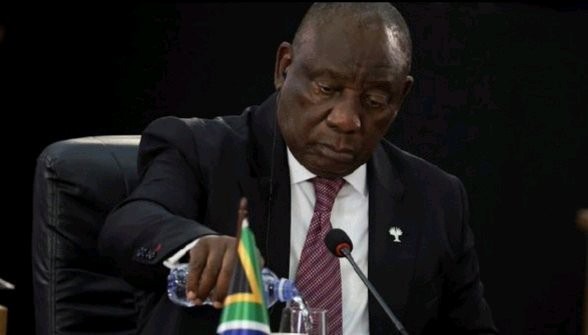President Cyril Ramaphosa stands at a political crossroads, with his next moves set to shape South Africa’s economic and political trajectory. As pressure mounts, analysts suggest his best path forward may lie not in clinging to the ANC’s traditional alliance with the SACP, but in pursuing pragmatic partnerships—even if that means engaging with factions like Donald Trump’s political camp.
The ANC’s ideological rigidity, reinforced by its decades-long partnership with the SACP, has often stalled much-needed economic reforms. While maintaining this alliance may preserve short-term party unity, it risks alienating voters demanding tangible solutions over ideological dogma. Worse, it could prolong stagnation at a time when South Africa desperately needs investment and growth.
By contrast, exploring economic ties with Trump-aligned forces—despite their controversial nature—could open doors to trade, investment, and market-friendly policies that traditional partners have failed to deliver. Trump’s “America First” approach has reshaped global trade dynamics, and South Africa, facing rising unemployment and sluggish growth, can ill afford to ignore potential opportunities—even from unlikely sources.
Ramaphosa’s leadership will be defined by whether he prioritizes political survival or national progress. Sticking with the SACP may placate party loyalists, but bold engagement with unconventional partners could reinvigorate South Africa’s economy. The choice is clear: short-term party stability or long-term national revival. The stakes couldn’t be higher.






















